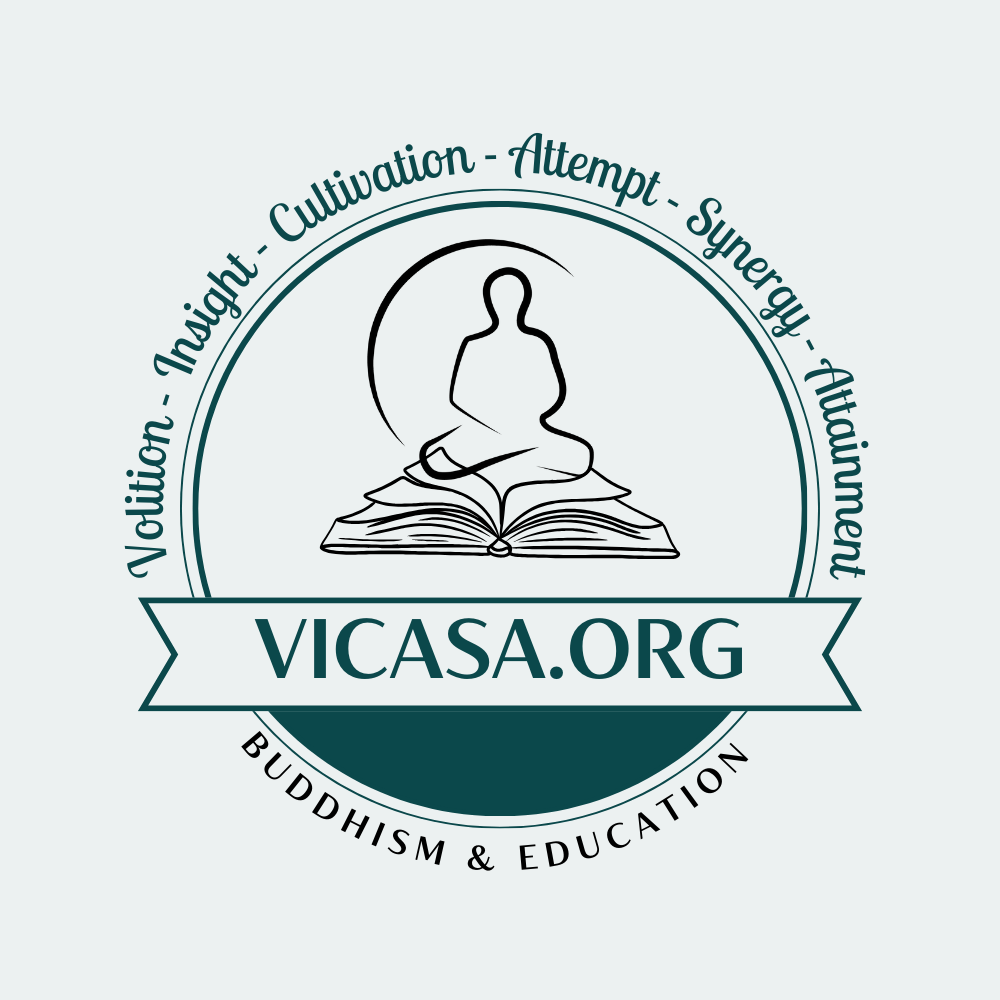
Up to now, numerous people perceive that they can be present at free classes or engage in complimentary Buddhist meditation retreats, domestically or internationally, short-term or long-term, as well as many devotees who yearn to abandon all their property from worldly life to become Buddhist renunciants. In particular, they opt to approach international schools or meditation centers in Myanmar, Thailand, or Sri Lanka.

For those about to be ordained as monastics, the masses will think of detaching from all their own family, possessions, and wealth to arrive at the monastery and take refuge in all aspects. For those who long for studying or practicing overseas, they might simply ponder that they just need to equip the cost of flight tickets and visa applications. The rest will be taken care of through the school or meditation center; at least two minimum needs will be free of charge: food and residence. Consequently, they can have the opportunity to travel abroad, learn Buddhist doctrine, practice meditation, and have costless accommodation. Such groups of individuals will be classified into four categories:

Four categories of Buddhist practitioners:
1. Dispirited feeling
For those who have the thought: “Everything will be free!” they also vigorously seek the Dhamma, but these days, few are wise enough to appreciate and be grateful to the lay followers for their support and offerings. According to observational experience, personal encounters, and based on the parami of collective kamma of the Vietnamese, at first, they will be very assiduous, but afterward, it will be the opposite as they find receiving donations too easy. Thereby, the mind will appear quickly indolent and no longer engrossed in learning or cultivating as in previous times. Like many learners who participate in chargeless English classes but are initially passionate. Then, since their mind penetrates that they are not obligated to pay tuition, they won’t regret the spent fee and don’t genuinely put effort into it. Therefore, our uncultivated mind is very dangerous as it can negatively lead us anywhere.

2. Doing good deeds
Some individuals were originally enthusiastic and strived after attending the Dhamma schools or meditation centers. However, after a while, as they recognized that they did not have sufficient merit (parami) and could not progress in their learning or practice, they switched to performing good deeds, such as serving in the kitchen or guiding and supporting Vietnamese groups to come or make offerings to meditation centers. Obviously, we need to do something to benefit the place where we reside. Once we have discerned that we are receiving facilitation from donors at any planes, they at least aspire to observe our practical evolvement or dedication. The benefactors must arduously work and earn money to make offerings with a delighted heart and assuredly have a desire to see their recipients promoted in some way. Not to mention the majority of Burmese sponsors and some devoutly Theravada Buddhist countries, they understood the Dhamma profoundly since childhood, so family members’ bestowal isassociated with their giant wholesome consciousness accompanied by knowledge. Hence, once we receive such objects of offerings, we have to EXCHANGE OUR MERIT much more than those who make offerings without wisdom.
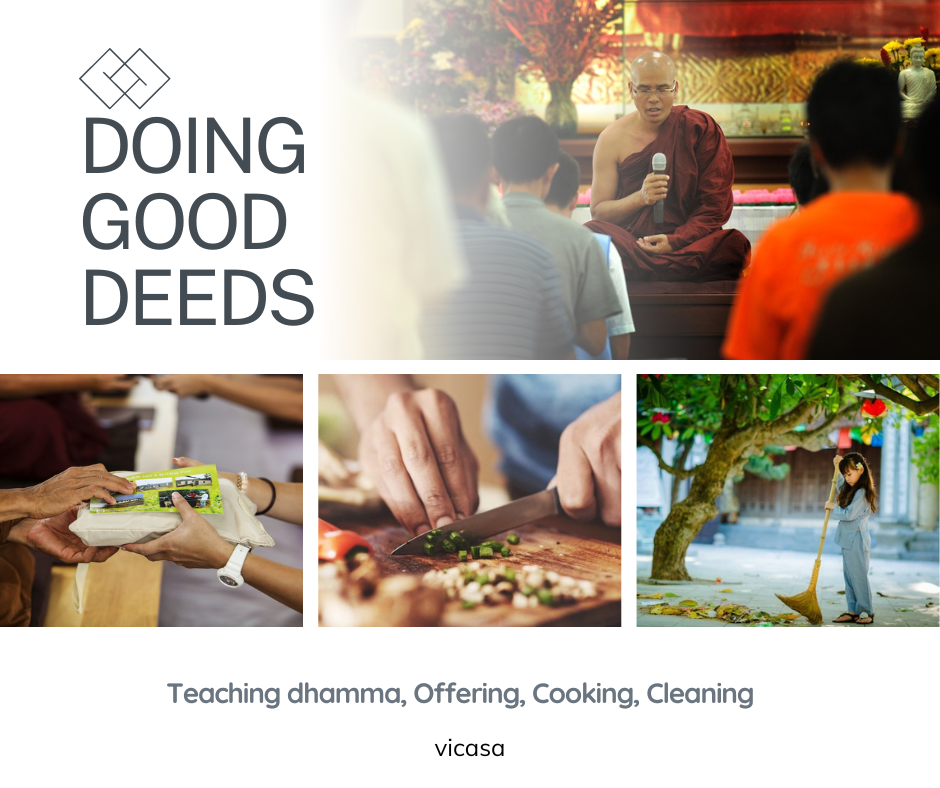
3. Persistent practitioners
This type refers to those who are zealously expecting an appropriate setting or context to study and practice under the instruction of insightful and virtuous Masters. However, as they have limited financial capacity, they know how to cultivate appreciation and gratitude every day so as to executively attempt to meditative practice and transfer their accumulated merit to the deities so that they can protect. Most significantly, they should sustain their constant vigor in the spiritual journey of studying and practicing. Thus, finances will be tackled by our own exertion; then, they will be “assisted and guarded by their own merit.”
Most of these practitioners represent inexperienced lay disciples and young monks or nuns who have just entered the Dhamma door. If new ones can PERSISTENTLY REMAIN MOTIVATED AND ENERGETIC, they will rarely be neglected on the enlightened direction. Unless the result of their former unwholesome kamma arises in this life, they must undergo and accept it by more seeking to surpass hindrances and afflictions. Besides, some persons have seniority but fail at work or family or confront too complicated adversities and agonies in life, so they turn awakened and decide to reach the pagoda for protection.
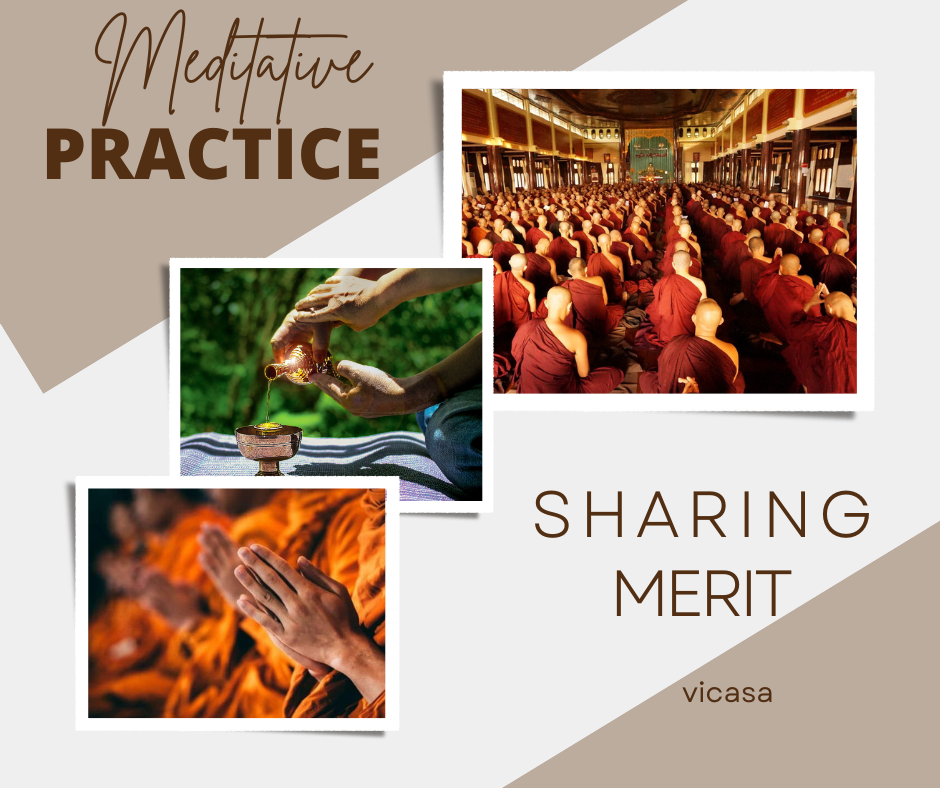
4. Genuine cultivators
For those who must both diligently practice and realize the value of dāna parami due to comprehending the essential Buddha’s teachings (i.e., cultivating the ability to practice generosity – the first of the ten parami) when coming to learn or practice in any environment. Wherever they abide, they will be able to balance offering and concentrate on practice. As the Blessed One instructed us, generosity is the first and simplest cultivation for anyone on the route to enlightenment. This is not coincidentally regarded as the interpersonal skill in the ordinary world that only those with life experience can understand. Our learning and practicing sphere is gradually getting to the point where not many followers conceive the Dhamma, so when you come to a particular place to practice, you willwitness it directly through real-life experience. If you can properly balance between religious and earthly life, your mind will not be distracted much by financial or deficient struggles; then you can sit still and meditate with effective results.
This class refers to those who have firmly grasped the core Buddhist teachings, have certain assistance from givers due to their virtue of practice, and truly wish to look for a surrounding worthy and suitable for their understanding and practice. Further, most of these meditators are elders who have experienced much real life on the earth, so they have saved up a financial amount to determine to approach a Buddhist shelter for permanent refuge. They carefully prepared to be able to cover vital expenses on their own in addition to the minimum charge provided by that place of residence, without wasting much time contacting others for aid. Additionally, there are young practitioners in this category who, thanks to the results of the dāna parami from their past lives, are now born into families with full facilities and absorb Buddhism early to gain merit and favorable conditions on the Dhamma learning and practicing process. Few of this final type currently exist.
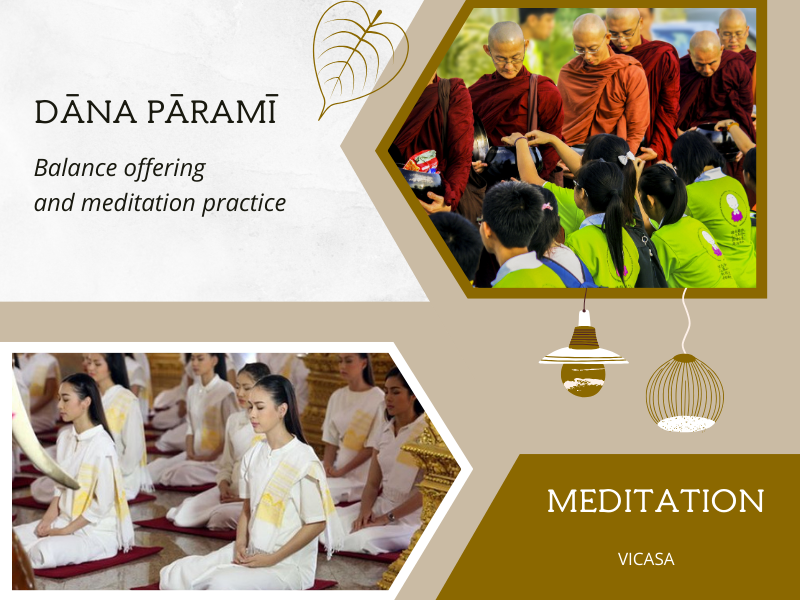
Accordingly, with personal experience and a short-sighted perspective, the writer would like to take the liberty to share individual observations and understanding along with the earnest expectation that you need to seriously reflect and consider which positions you will fall into so that you can have the thorough preparation before resolving to confidently tread on the path of liberation.
With a free online learning platform and a positive-friendly learning environment, we invite you to join us in learning English through group learning – VICASA LIFELONG LEARNING.
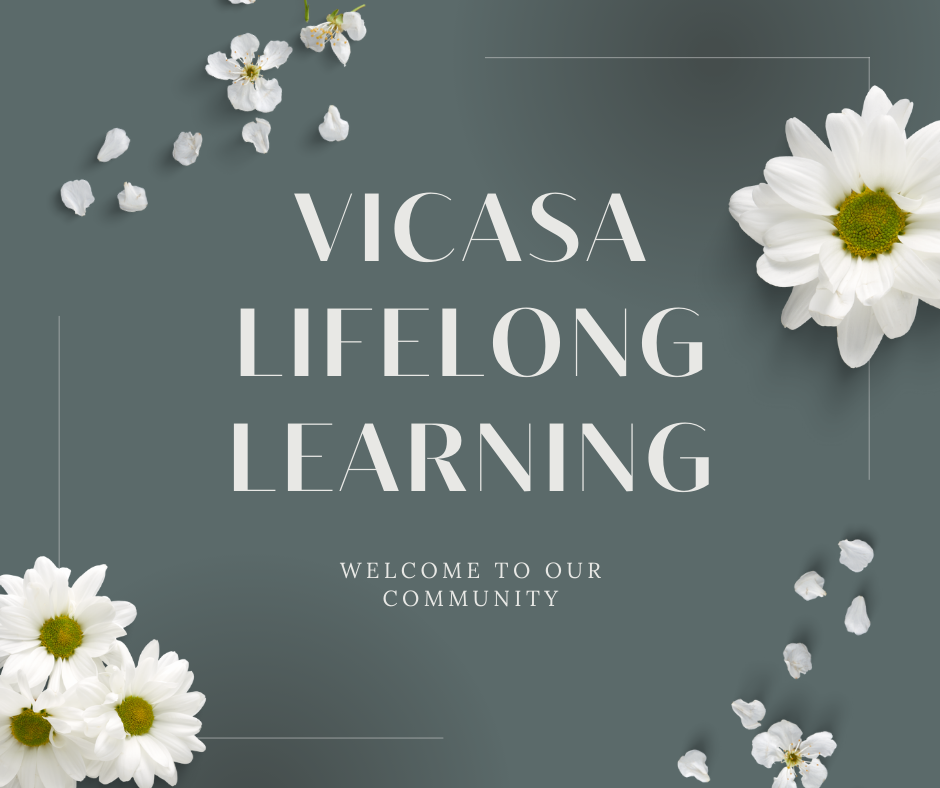
Sayalay Vijjāñāṇī (Tue Minh)
